Putin Returns to Multilateral Diplomacy via SCO, Flaunts Anti-Western Alignment with China, North Korea, and India
Input
Changed
Putin Secures Diplomatic Pardon through Trump’s Alaska Summit Claims “Western-Engineered Coup Sparked Ukraine Crisis” Expected to Join Xi and Kim atop Tiananmen Rostrum at Military Parade
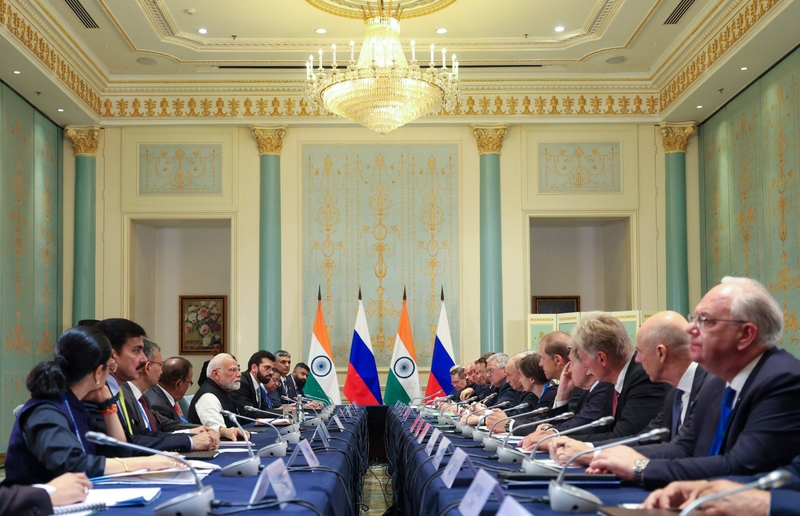
More than three years after being ostracized by the international community over the 2022 invasion of Ukraine, Russian President Vladimir Putin has staged a high-profile return to the diplomatic stage through the Shanghai Cooperation Organization (SCO) summit. Following what amounted to a diplomatic pardon from U.S. President Donald Trump at their Alaska summit, Putin showcased solidarity with India, China, and North Korea, intensifying an anti-Western diplomatic front.
Putin Declares “SCO Must Replace Outdated Eurocentrism”
According to TASS on the 1st, Putin asserted in his address at the Tianjin summit that “the current crisis in Ukraine stems not from Russian aggression but from a coup orchestrated by the West in Kyiv” and that “persistent Western attempts to draw Ukraine into NATO provoked the war.” He stressed that “a sustainable peace settlement requires eliminating the root causes of the crisis and restoring a fair balance in the security sphere.”
Regarding last month’s talks with Trump, he described them as having “opened the path toward peace in Ukraine.” Putin further declared that “the SCO has strengthened cooperation and trust across Eurasia, contributing to the building of a multipolar world order,” adding that “the Euro-Atlantic-centered order is collapsing, and a truly equitable system led by the SCO is taking hold.” He emphasized, “We must prevent attempts to secure national security at the expense of others and ensure that the SCO supplants Eurocentrism, balancing the interests of many states.”
Modi and Putin Showcase Trust with Aurus Ride
At the summit, Putin held bilateral meetings with Indian Prime Minister Narendra Modi, Turkish President Recep Tayyip Erdoğan, Iranian President Masoud Pezeshkian, Cambodian Prime Minister Hun Manet, and Nepali Prime Minister Sharma Oli. Global attention, however, was fixed on the meeting with India, whose rift with Washington has widened. India imports one-third of Russia’s oil exports, and last month the Trump administration imposed an additional 25% retaliatory tariff, raising India’s total levy on Russian crude to 50%.
Ahead of the meeting, Putin greeted Modi in Russian as “dear prime minister, dear friend,” stressing that “the special relationship Russia and India have maintained for decades forms the foundation of future development.” Modi responded on X, saying, “Our special and privileged strategic partnership is a key pillar of regional and global stability,” noting discussions on trade, fertilizers, space, security, culture, and peaceful settlement of the Ukraine conflict.
The two leaders underscored their personal rapport by riding together in Putin’s Russian-made armored limousine, the Aurus. Often used during his foreign trips, the Aurus serves as a symbol of intimacy when Putin chauffeurs fellow leaders or gifts them the vehicle, as he did with North Korea’s Kim Jong-un. Modi shared photos of their ride on X, remarking, “Conversations with him are always insightful.”
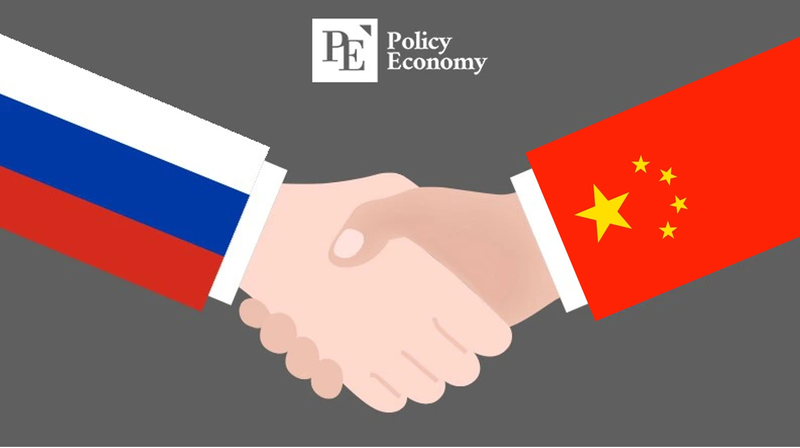
China Expands Oil Imports, North Korea Provides Military Support
Diplomatic analysts view the SCO summit as Putin’s de facto “full return” to large-scale multilateral diplomacy. The Washington Post noted, “Even absent tangible outcomes, participation itself allows Putin, an authoritarian leader, to demonstrate he is not isolated despite Western sanctions.” Putin’s diplomatic activity had been severely constrained since the invasion, particularly after the International Criminal Court (ICC) issued a war crimes warrant in 2023, effectively barring him from traveling to over 120 ICC member states.
Some observers contend that Putin’s diplomatic revival is owed to Trump’s “absolution” during the Alaska summit. On July 15, Trump hosted Putin on U.S. soil for a one-on-one meeting, and three days later, at the White House with Ukrainian President Volodymyr Zelensky and European leaders, Trump pledged that “direct Russia-Ukraine talks could take place within two weeks.” The statement spurred European capitals like Switzerland and the Czech Republic to vie for hosting peace talks, undermining the ICC warrant’s potency.
Putin’s diplomatic resurgence is expected to culminate at the September 3rd military parade in Beijing commemorating the 80th anniversary of victory in World War II. He is set to mount the Tiananmen rostrum alongside Chinese President Xi Jinping, his economic ally, and North Korean leader Kim Jong-un, his military benefactor, in a symbolic display of anti-Western solidarity. Despite sanctions, China has raised the share of Russian crude in its imports from 15.5% in 2021 to 19.6% in 2024. North Korea, for its part, is reported to have dispatched 10,000–12,000 troops to Russia and supplied large quantities of conventional munitions, including 152mm artillery shells.

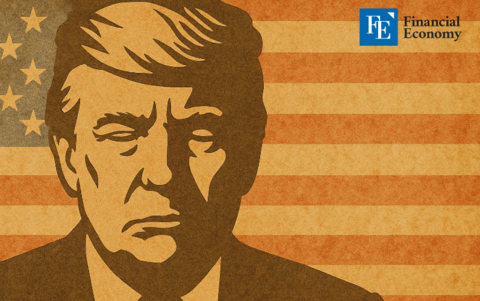
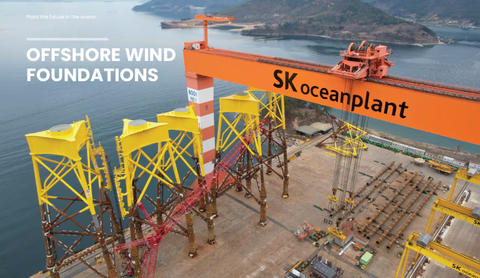
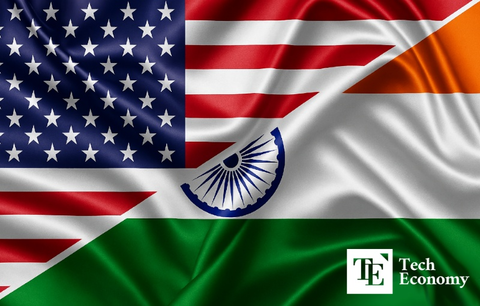
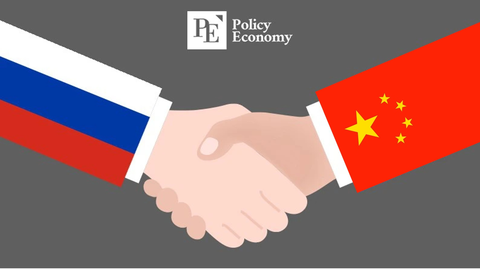
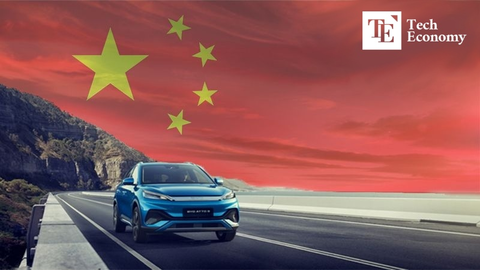

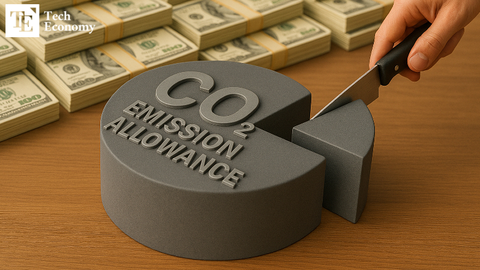
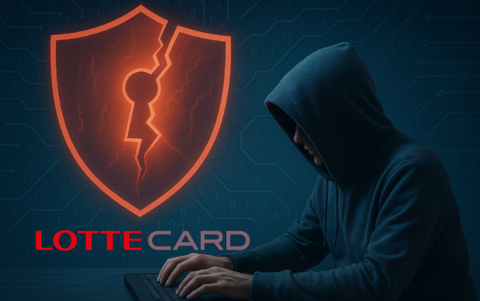
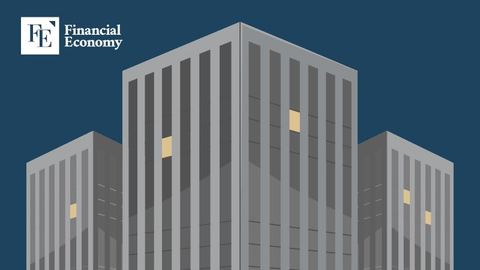












Comment